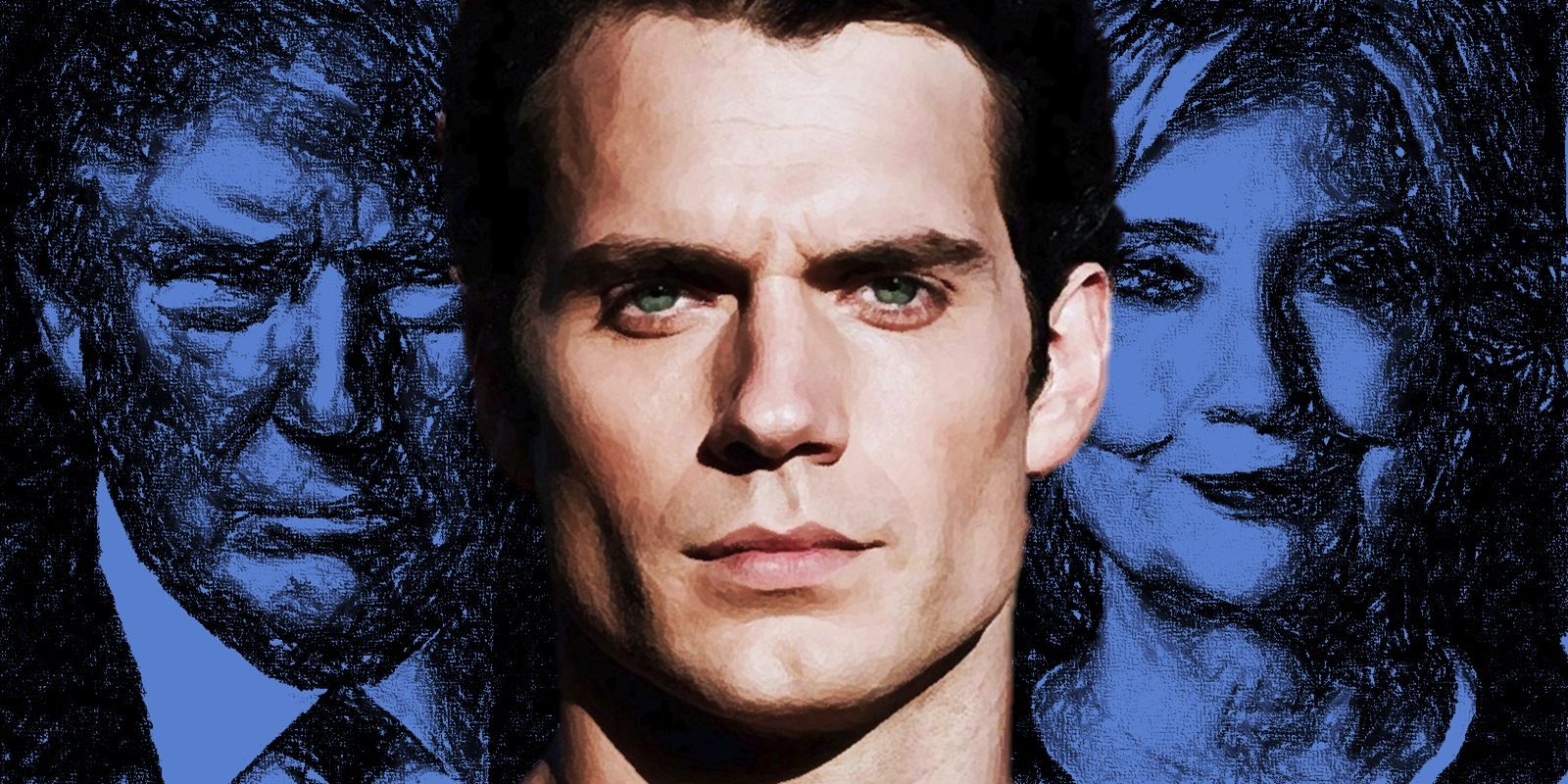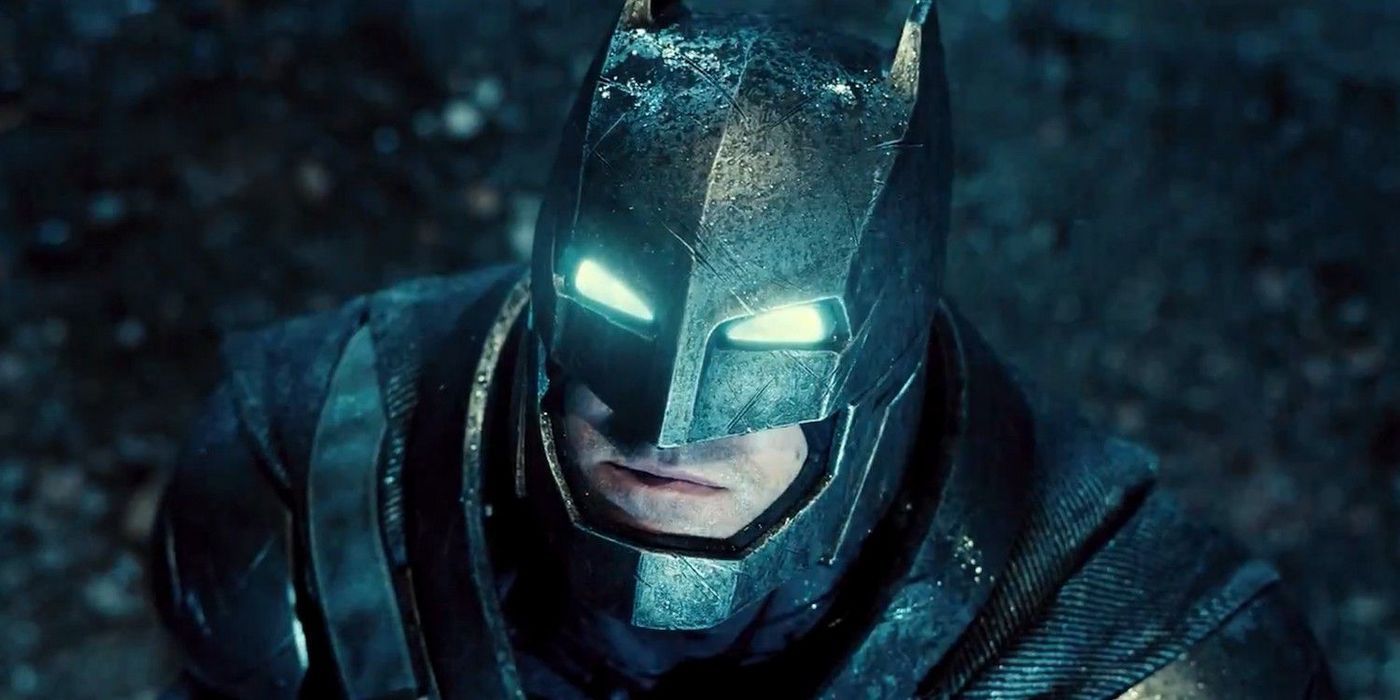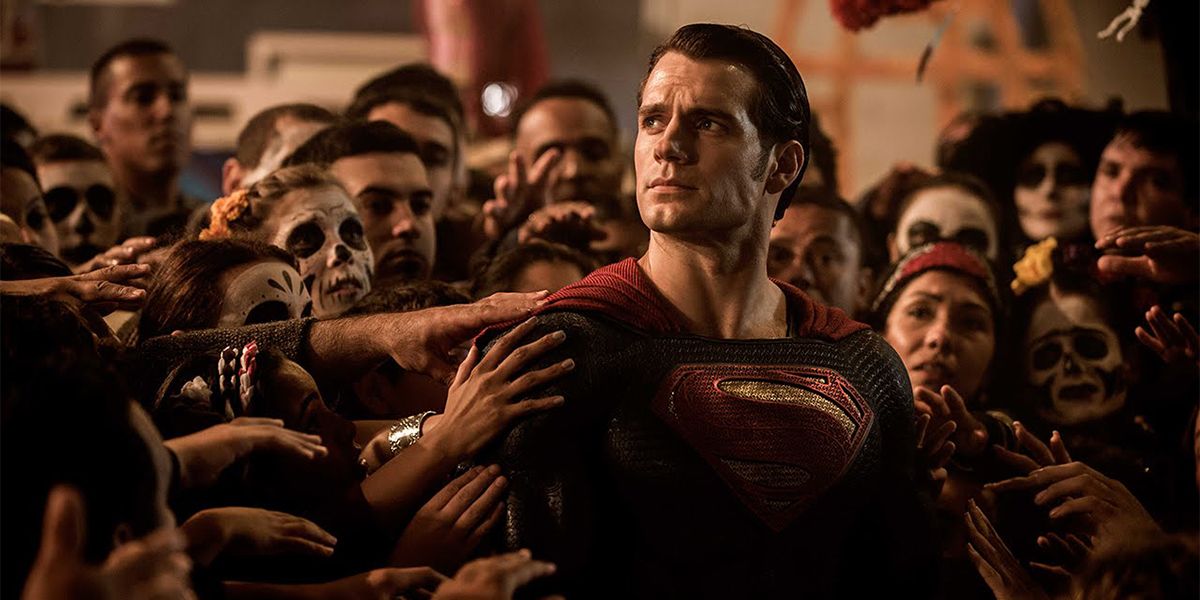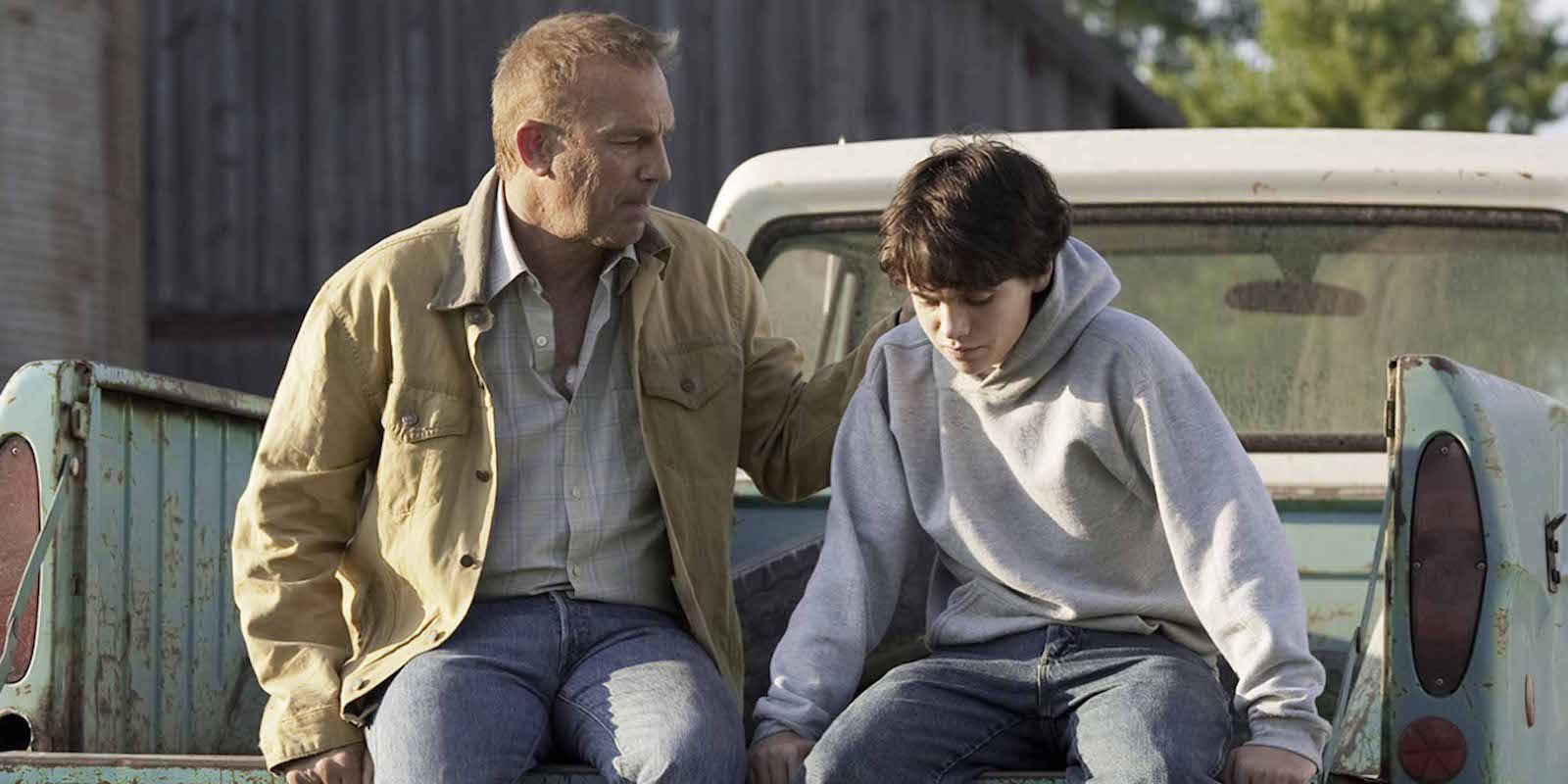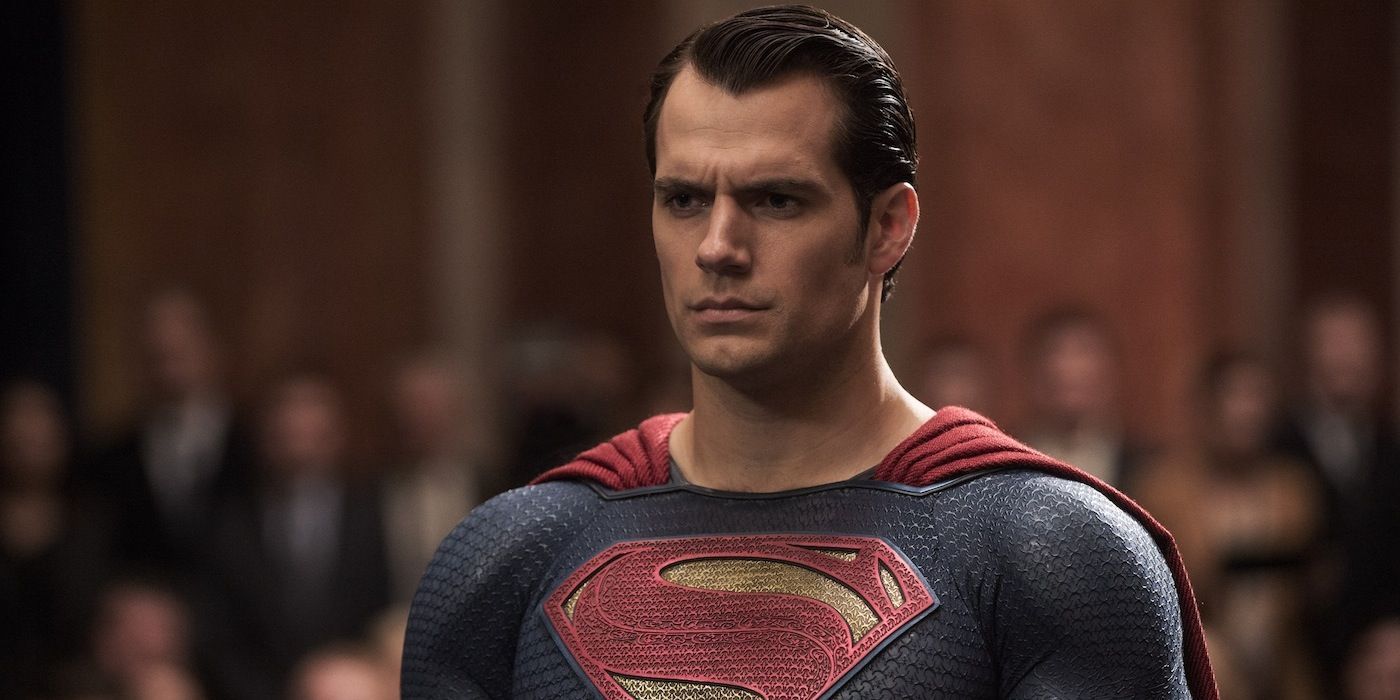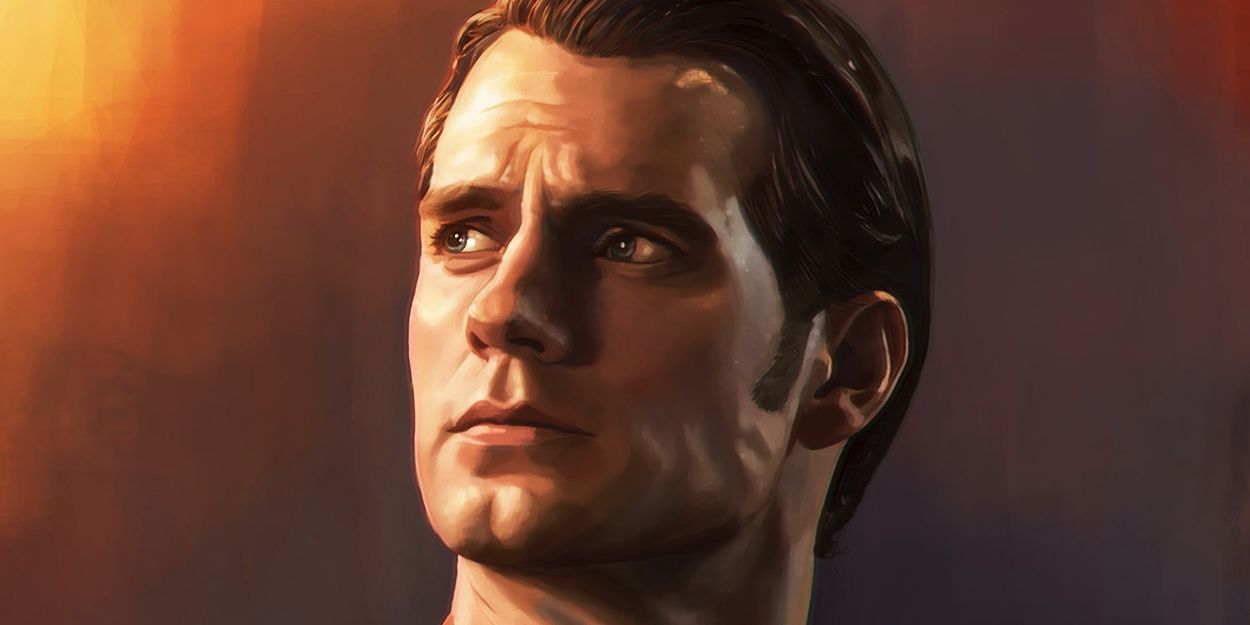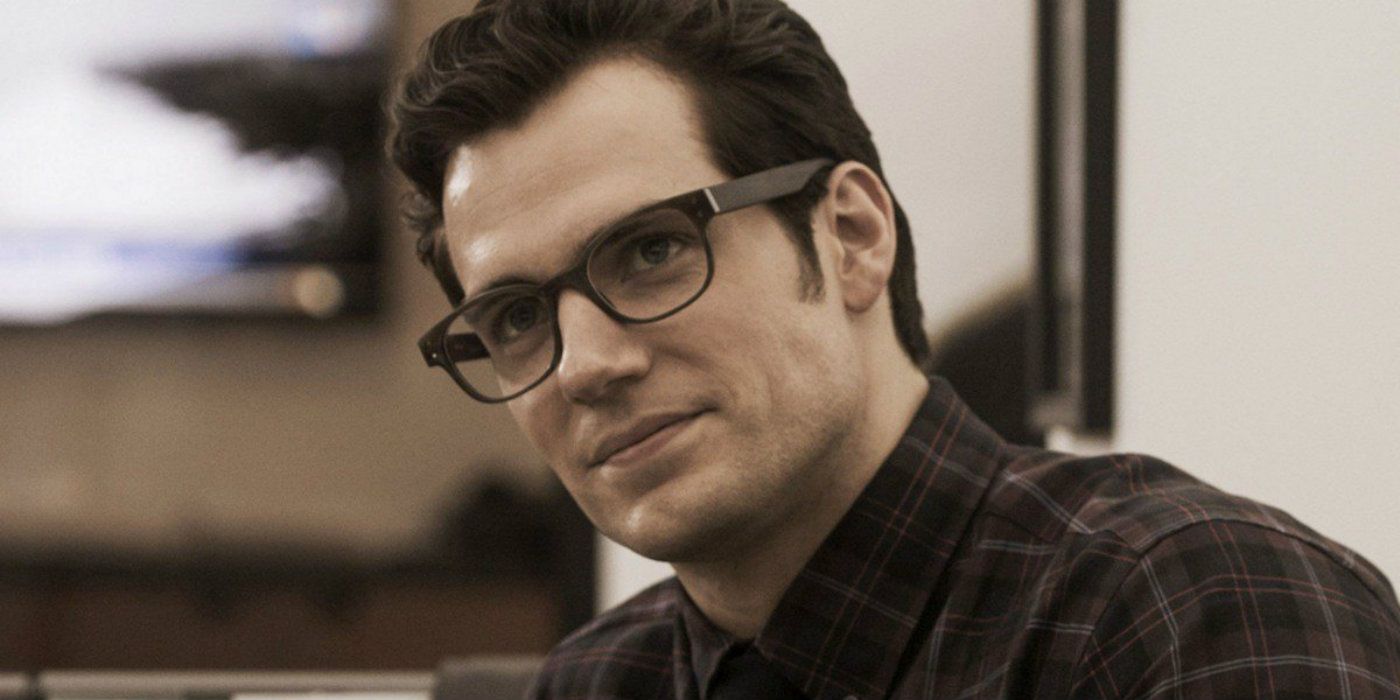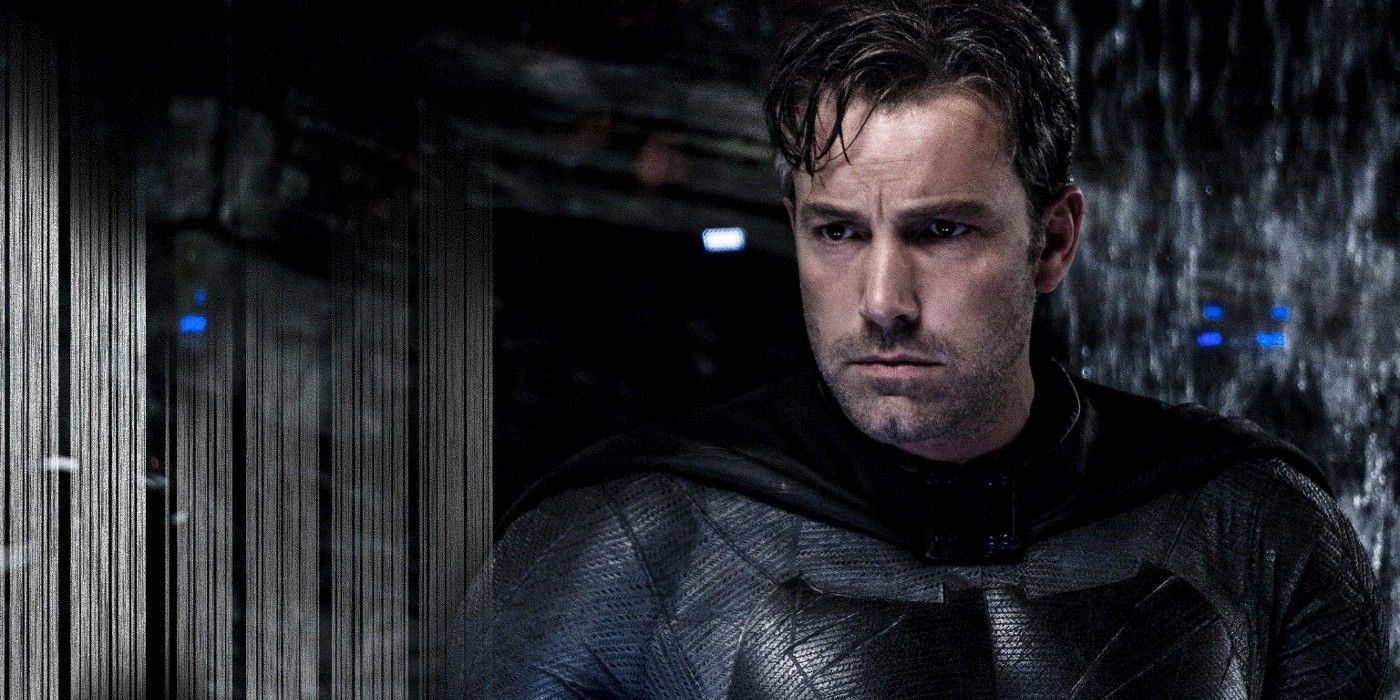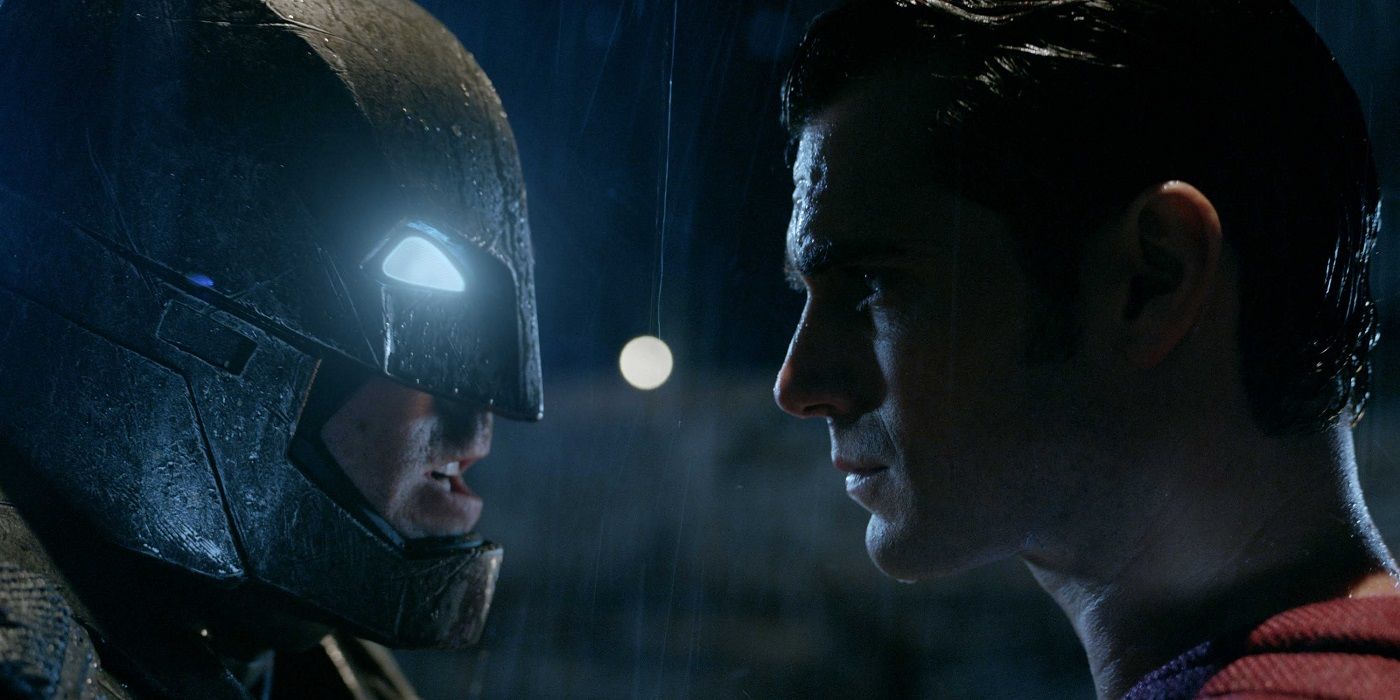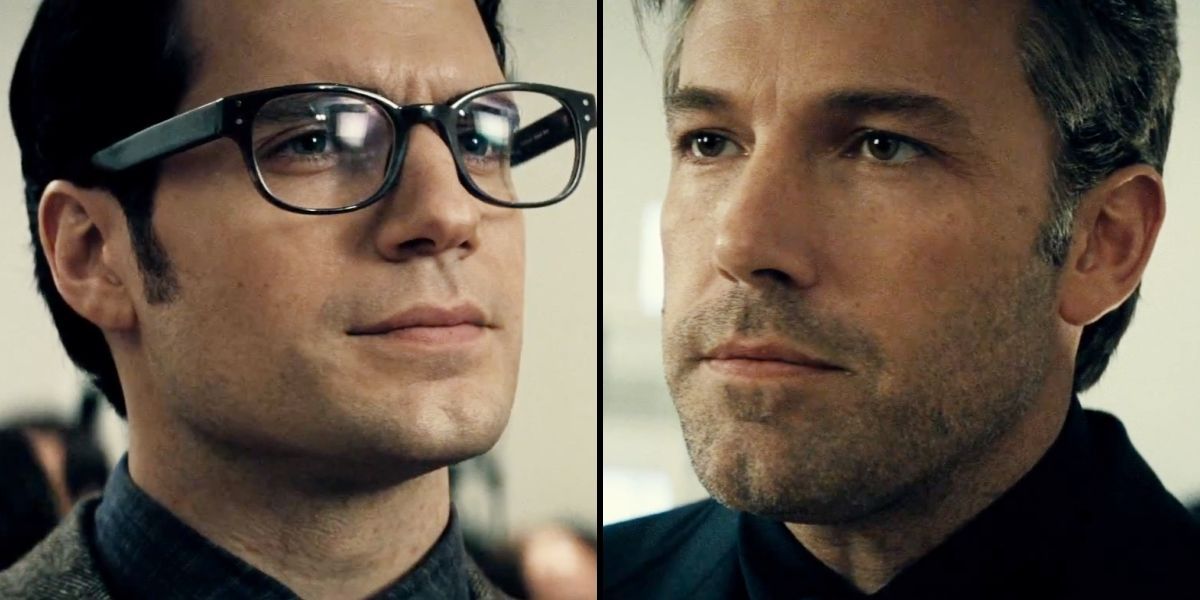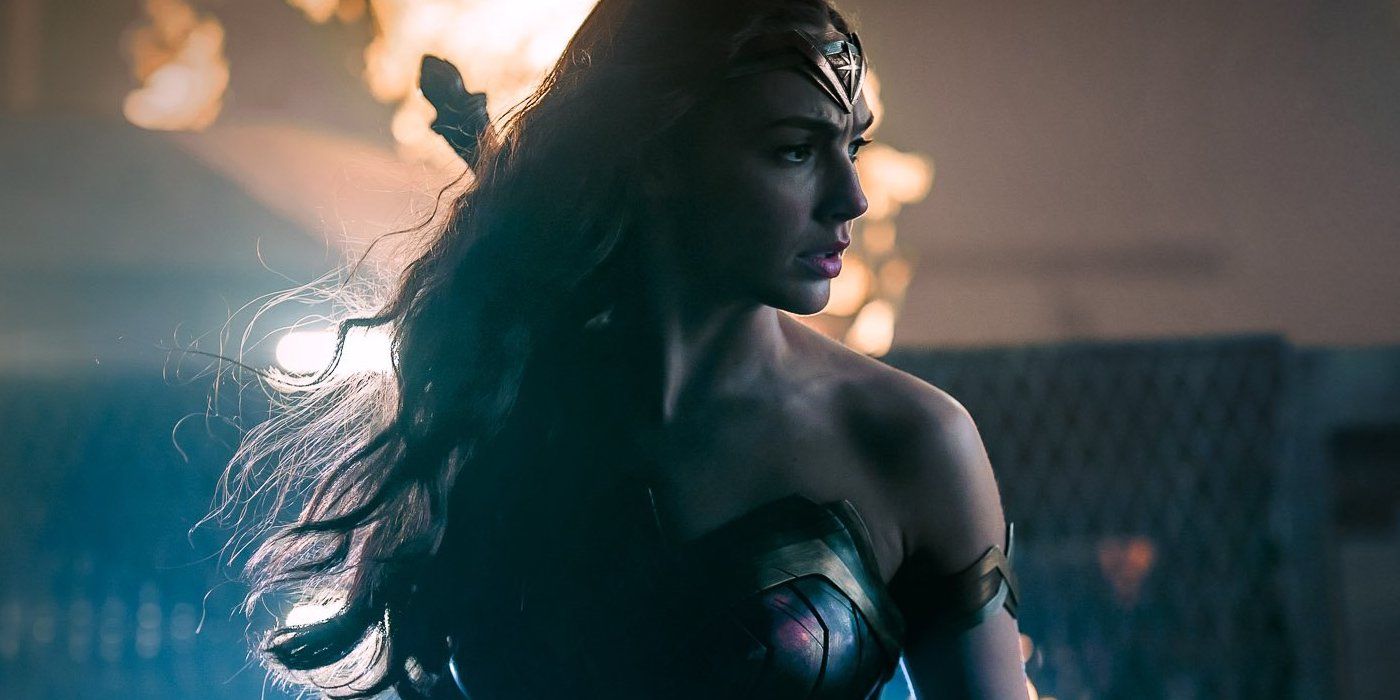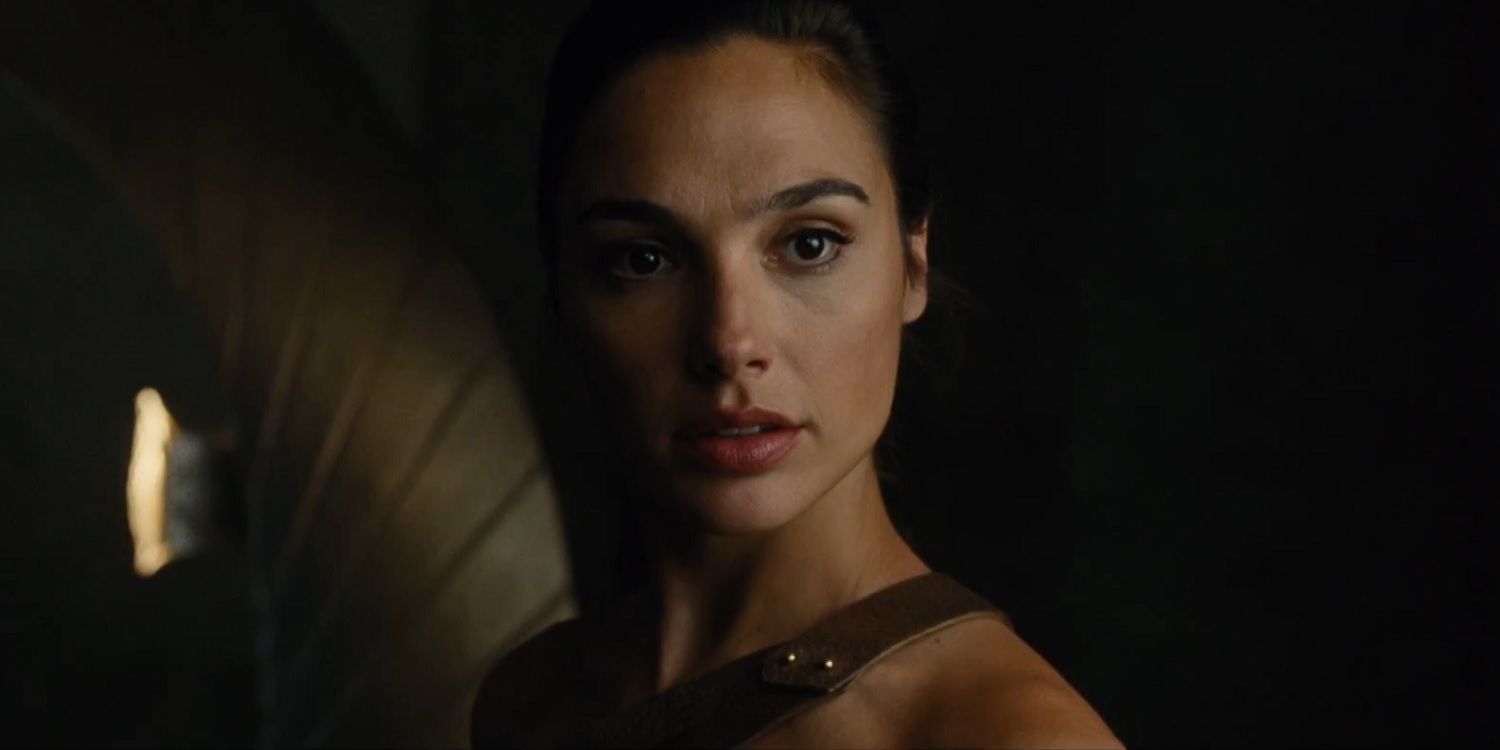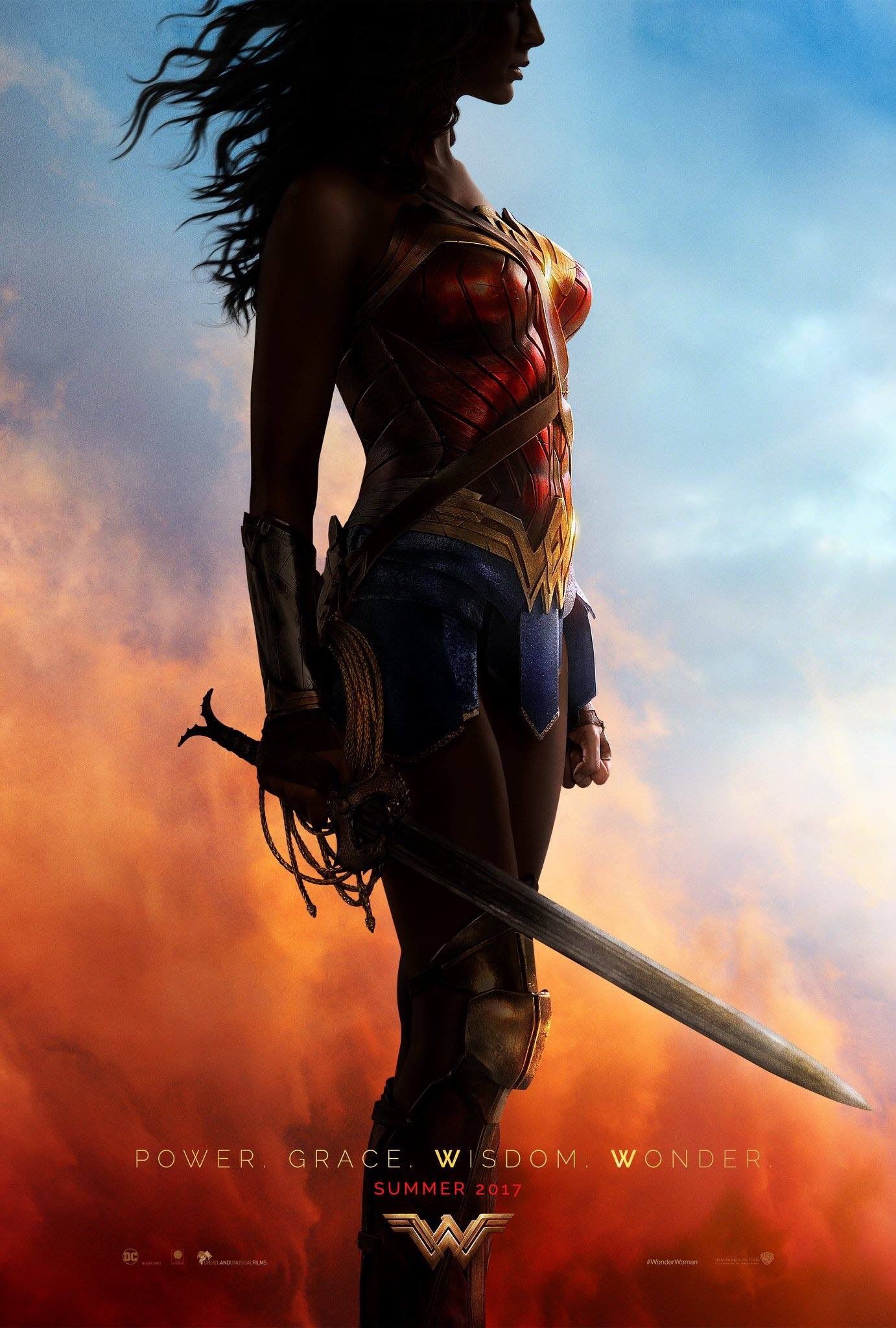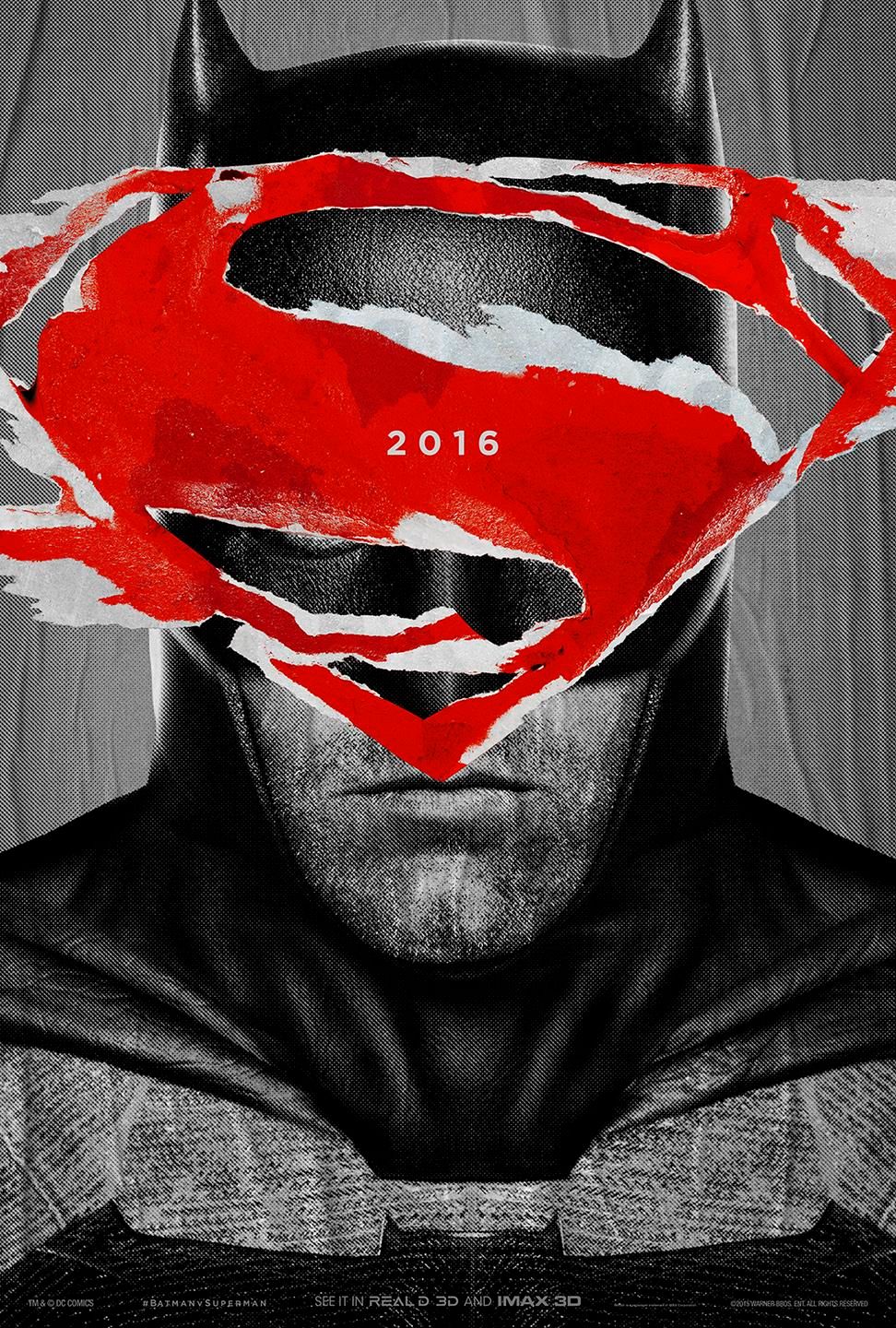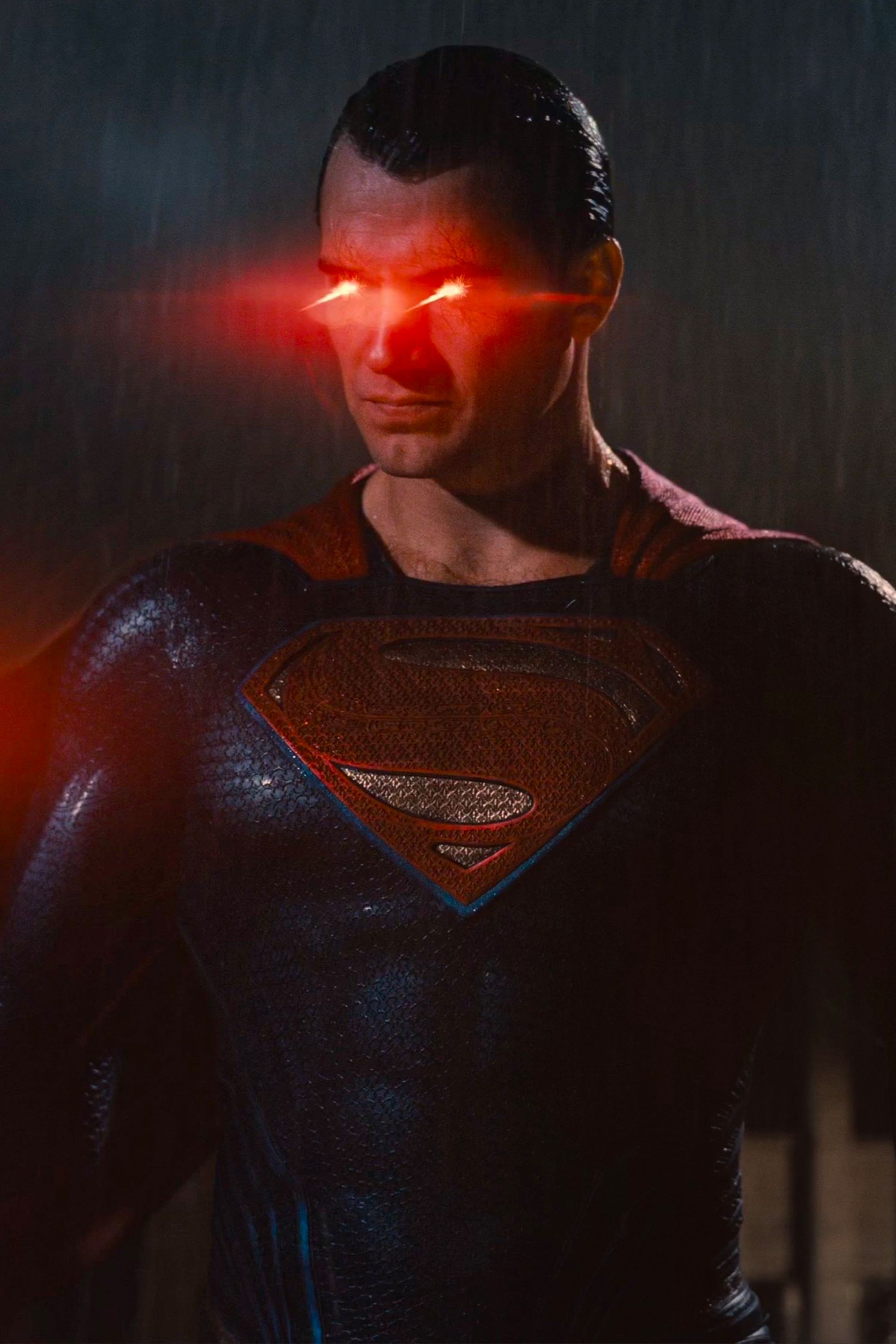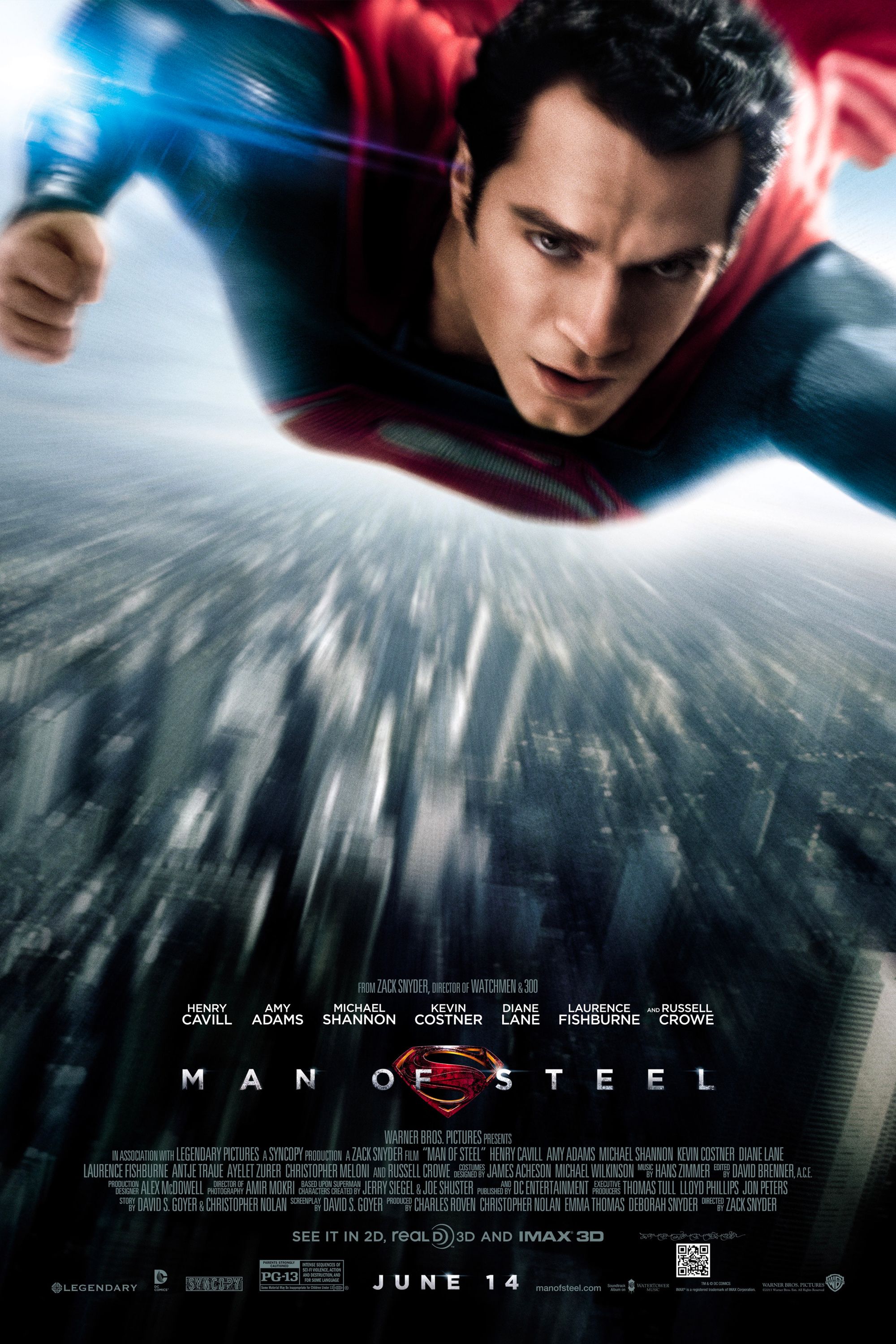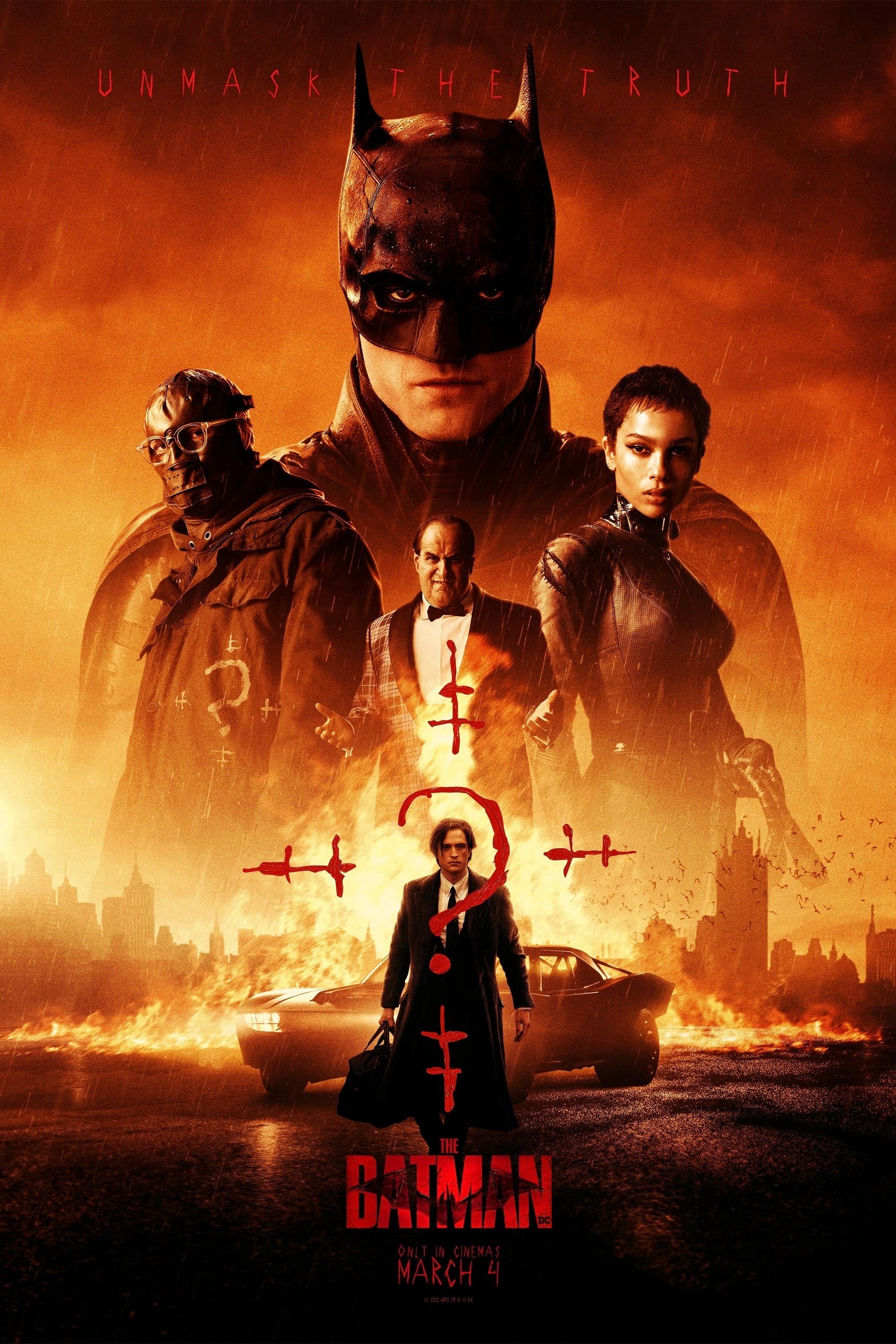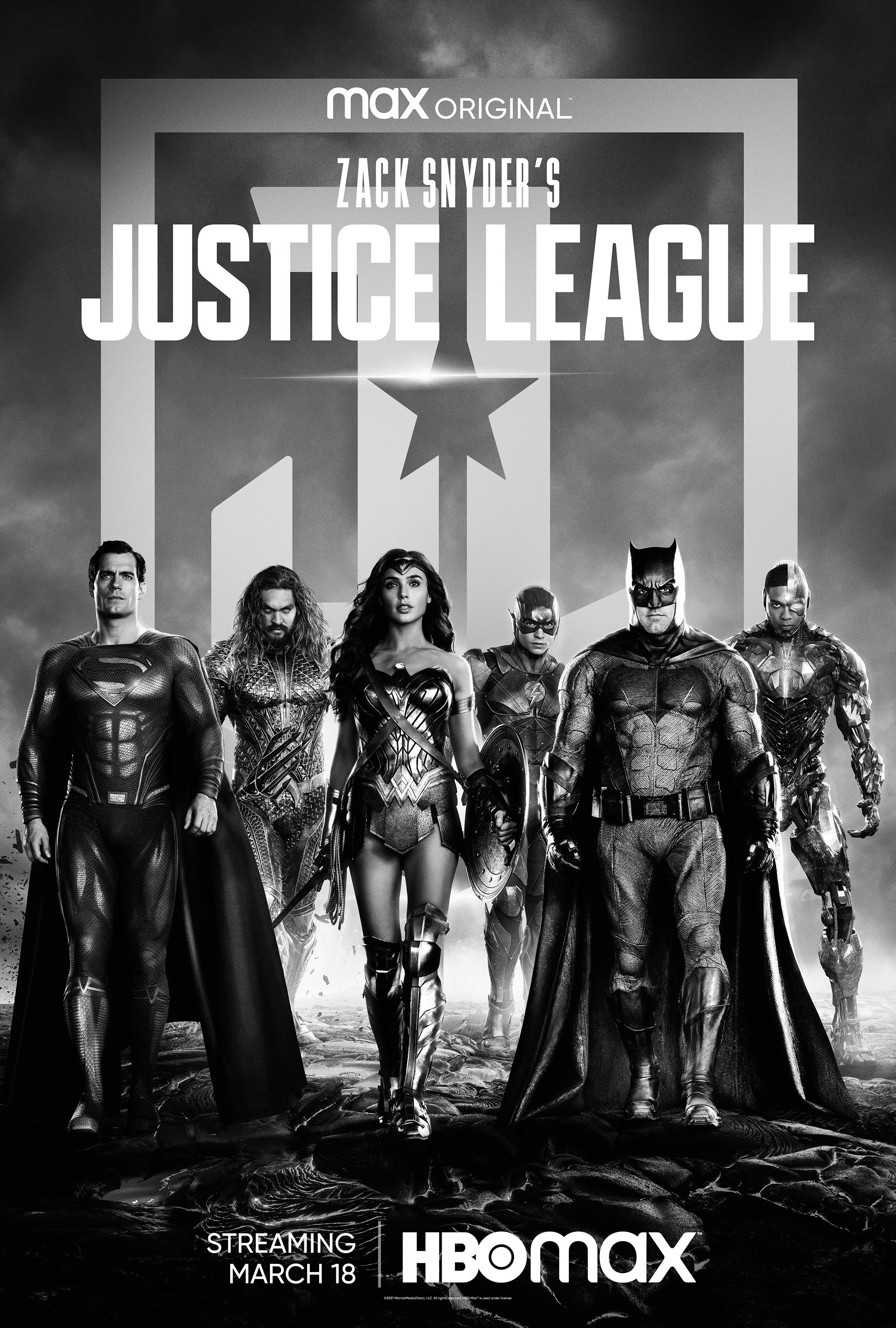The world stands in an unfamiliar moment. For generations, the world has progressed one step at a time, moving from tired or outdated beliefs towards equality, inclusivity, and reparations - even if those reparations come only in the form of kind words or unspoken apologies. Regardless of any person's individual politics, the events of the past election year have left millions of people with the feeling that progress has, for the first time in their lifetime, stopped. Exacerbating this feeling of turmoil is the fact that, conversely, millions of people feel the exact opposite way.
It's possible that the shock facing half of the United States, like the shock faced by half of the United Kingdom months earlier, is all the more numbing due to a total lack of preparation. It's difficult to recall a modern example of a national vote defying projections and expectations so roundly, let alone two in the same year, based around the similar themes of nationalism, patriotism, and two completely different groups of people arguing over the reality of their world. The realization that the world is not what it seemed, for either side, in either vote, has left academics and working class citizens in disbelief (both positive and negative). After all, these dramatic moments or twists are traditionally the realm of fiction, not the slow and steady crawl of the real world.
It might be hyperbolic to say that such an event causes people to "question everything," but for those whose political hopes or beliefs were voted down in the U.S. election and the 'Brexit' before it, their world has become a darker place where heroes fell to their opponents, love did not triumph over hate, and victory brought with it fear for tomorrow, not hope. Some will hesitate in returning to entertainment - to the comedies and suspenseful dramas they enjoyed, or blockbuster films that offered an escape from reality - while others will cling to them for comfort, as the world keeps turning (oblivious to the fact that some are seeing it as if for the first time).
We share the belief that art, pop culture, and entertainment are mirrors and hammers, not just reflecting the world but shaping it, too. Perhaps it was a warning that the public was approaching an adolescence of its own, that the past decade has seen a world transfixed by comic book superheroes. Worlds of black and white, where heroes overcome conflict to defeat the villain, where good triumphs over evil without fail - universal truths many saw at the heart of the human experience. And now, a world many will long to visit even more - if for no other reason than to escape the gray of everyday life.
While pondering the public's love of such heroes - typified by Marvel's Avengers universe - from every viewer, regardless of race, creed, color, or political party, there's another approach to consider. For where Marvel succeeded in giving viewers hope and optimism their masses craved, DC Films faltered - some for their structure or quality, but more infamously, for their bleak portrayals of our modern world. A world that was simply "too dark." Too grim. Too joyless. Too devoid of hope... a world in which being a "superhero," let alone a hero was simply not possible.
Sadly, that's an outlook on the world into which tens of millions feel as if they've been suddenly plunged, including those in whom hope and youthful optimism should thrive most furiously. To them, their heroes lost to villains, with no foreseeable end in sight. Already, political leaders are rallying spirits, determined to push back in pursuit of a bigger picture - determined to prove that progress is not shrinking, but growing with stronger conviction than ever. But for the average person, the feeling of crushed hopes or a slide toward intolerance isn't easily set aside - and without escapist entertainment to soothe those nerves, the world is as bleak and devoid of hope as the fictional versions so recently rejected.
As fans of film in every shape and form, that irony isn't lost. And while a changing world may not change any opinions on the DCEU's solemn tone, or divisive style, the message has never been more relevant. Because its outlook on the worst aspects of humanity feels a lot less alien today.
But there's hope in that world, too... and Heroes.
The Modern Superman
On the most surface level, it's likely that more people than ever before can relate to Zack Snyder's modern rendition of Clark Kent, a man of private hopes and dreams just trying to get by one day at a time. A man without a nation, without friends, lacking something bigger than himself to which he belong. A man who, as a boy, wanted nothing more than to live his personal truth, embracing all aspects of himself and revealing them for the world to see - a truth his own mother knows, in her heart, is "beautiful."
But for his father, the truth of his son, no matter how beautiful, would inevitably be met with fear, suspicion, and hate, for one simple reason: because "people are afraid of what they don't understand." No matter how good Clark Kent may be at heart, or how much good he may want to bring to the world, he is something that many, many people will view as an outsider. An Other. In the end, Clark entered the world hiding who he was only to grow into a man who, despite his optimism, came to believe what his father did: "If the world found out who I really was... they would reject me."
Those words should carry a clearer meaning today, with millions of citizens in the United States and United Kingdom supporting the notion that people can live beside them, work beside them, and both claim citizenship, yet remain outsiders or literal 'others' due to race, religion, or gender identity. Our world has also exposed the tragic outcome of Superman's decision to believe the best in people, choose to live in love and not fear, and trust that who he is, not what he is will matter most.
At the time of its release, audiences were heavily divided over Man of Steel. For some, the intended goals of Zack Snyder and David Goyer - to tell a modern story of the consummate immigrant and orphan - resonated strongly, reflecting the fact that a modern immigrant story can be an... ugly one. For those viewers, the internal struggle of blending in or embracing his heritage, of cynicism and fear, or hope and trust, felt relevant.
For others, it was, without reservation, the polar opposite of what Superman 'should' be. Superman should trust people to follow their better angels. Superman should be proud of who he is. And Jonathan Kent's belief that his son needed to wait for people to be better, not hope to make them better, was a betrayal of both characters. The implication was that, in the minds of certain viewers, the characters who wouldn't embrace, appreciate, or adore a man as heroic and good as Superman weren't a factor. The good people would embrace him - and his personality, outlook, and demeanor should reflect that same sense of optimism and 'hope.'
Again, there are plot details or character choices in any film that will succeed or fail for audiences. But it's important to not let those issues detract from the message of that story. And while Man of Steel may conclude with Superman finding new allies, claiming he's "as American as it gets," and bravely making a place for himself in the world, the world had yet to give its opinion on him, and just how much of their acceptance he would be allowed.
That heated argument would be brought to the forefront in Batman V Superman: Dawn of Justice, as the film's many news reports and talking heads debated whether this outsider could be trusted. His intentions, his motivations, and his very right to exist were questioned as if he were a concept, not a living, breathing man. The past few years have shown this isn't all make believe storytelling - Clark Kent sitting in his apartment, watching others discuss what he should or shouldn't be allowed to do is an experience tens of millions of people know all too well, be they Muslims, immigrants, LGBTQ, or those who rely on social assistance programs.
With each step, in the direction of trying to do what he felt was right for himself and those in need, things got worse, as those in power manipulated events to turn public sentiment against the public's rightful heroes; meanwhile, others saw him as a new savior, a person to finally set things right and assist those who felt forgotten. And still the same criticisms were raised: that Superman shouldn't be unhappy, should find joy in the progress he could make, that people wouldn't suspect, indict, and judge him without facts, assuming the worst of someone who wanted to help.
In short, the world of the DCEU was a place where people succumbed to paranoia, to the point that they rejected Superman for reasons that weren't actually about him, but principle instead. It was a world in which people would gather to protest Superman's very presence on their planet, criminalizing the Man of Steel by category, demanding that he leave, and take the rest of his fellow "aliens" with him.
But it's important to remember, now more than ever, that Superman didn't react with anger, or dismissal. His expression was only ever one of sadness and surprise. Sadness that people had let fear and insecurity cast him as a danger - or even something to be hated.
It is heartbreaking that so many millions of people now know exactly how it feels to stand in that place. But it's here where the criticism that Zack Snyder's superhero "isn't Superman" is hard to reconcile. In the United States, the United Kingdom and elsewhere, millions of people have been painted with a single brush, their intentions to make the world a better and safer place were rejected, and their hopes of being accepted for who, not what they are, have been dashed by their fellow citizens. It was those people that Superman was always meant to embody; the people that the DCEU's Superman has regularly championed.
They are the outsiders, the minorities, the immigrants, the 'other' - and the same people who thought up Superman in the first place. He may be famous now, but he began as an idea created by Joe Shuster and Jerry Siegel, two shy sons of Jewish immigrant families creating a character who was everything they were deep down, and everything they hoped to be in the world. But the world has changed, and the new Superman has changed with it.
As he shows us, there's still heroism in being the outsider, the immigrant, the 'Other' just trying to make the world better, and that in return, that world tries just as hard to reject you.
Things in the DCEU may seem bleak or wrong, just as the world now appears to millions of people. Hopeless, even. But just like the Man of Steel, the realization that the world is not what you had led yourself to believe only comes when progress is being made. It's not a glamorous or escapist form of heroism, but the DCEU's Superman sends the message that enduring that intolerance, fear or suspicion without losing hope or faith is what makes you a hero. Superman does it without resentment, anger, or doubt - and that makes him a superhero.
A uniquely modern one, as much as it may hurt to accept.
The Batman
Things get a bit trickier when people who are indisputably on the losing side look for reasons, explanations, or (as is usually the human way) other people to blame. Do you blame those who preyed upon fears, paranoia, nationalism, or old fashioned bigotry? Or do you blame people who allowed themselves to be manipulated and preyed upon? While some refuted the idea at the time, the version of Superman played by Henry Cavill offers an example for all to follow. He is frustrated with the relentless doubting and assumptions that he is less than good, of course. But he never blames them, never holds them responsible for naivety or runaway fears. After all, he's Superman: he believes people are inherently good.
At this time, that's going to be a difficult philosophy for millions of people - people who share a nation with others whose values or hopes for the future stand diametrically opposed to their own. If a superhero is supposed to show the world how to act in keeping with our highest virtues, Superman demonstrates that... and falters, to show us that, well, that might be okay too. And he demonstrates it by standing opposed to a controversial take on Batman... which may seem less controversial now than when he debuted in Dawn of Justice.
After years of being portrayed as a broken, but fundamentally heroic person, Zack Snyder and Ben Affleck delivered a Batman who was cynical, paranoid, and almost totally consumed by his fear. At the time, critics and many fans derided the character, claiming, as they had with Superman, that "this was not Batman." Bruce Wayne would never let his decency be overruled by his doubts, fears, or a sense of righteousness. He would never do ill to someone so clearly good as Superman, based purely on the dangers he represented - the threats of the unknown that he conveyed by simply existing.
For voters on both sides of Brexit and the American election, the idea that this Bruce Wayne's path makes him a fundamentally bad (rather than good) person is understandably hard to accept. Unless they reason that political opposition to their point of view is fundamentally 'evil' (and let's all hope we're not there yet), both sides must slip on their Superman boots and reckon with the Batman before them: a good person, shaped by the reality of their own experiences, who has lost sight of the world around them. A good person who, due to feelings of helplessness or righteousness, sees a completely different world being built, or collapsing.
The idea that a 'hero' can never, or should never lose perspective doesn't hold much water in the real world, either. Truly great and intelligent people have stood on opposite sides of every political or social issue, and vilifying them does nobody any good. As human of an urge as it may be to grab opposing voters by the throats and demand an explanation, the world isn't that simple, and neither are the people in it.
Make the mistake of assuming those who disagree with you are unreasonable, immoral, or never to be compromised with, and you wind up like the film's two leads: throwing fists for selfish reasons, venting frustrations when only human connections and honest dialogue will save them from ruin.
Anyone of any political association can watch Batman's story and accept the message being sent: that even if he doesn't believe it, or can't see it, Bruce Wayne is wrong. In time, the two opponents come to see they're more alike than different, and that their animosity has not been stoked by coincidence. Those with interests in keeping them divided - focused on each other, not the actual problems and threats facing the world - pulled their strings. But put down your pitchforks, since even that villain, as zany as he might have seemed, was also motivated by fear, ego, and a service to 'the greater good.'
The point is: Batman - no matter if he represents the victor or the defeated in these political movements - made a mistake. In trying to be a hero and solve the world's problems only the way he believed it should be done, things became worse. Working together turned out to be, as it usually is, the best solution. Batman was wrong about Superman. But in matching his ignorance and anger, Superman was wrong about Batman. Neither was evil, just misunderstood.
And for a movie universe criticized for being bleak or joyless, that seems a downright naive hope for social collaborations and compromise. One we should all do well to embrace sooner rather than later. Remember the critical refrain: "The problem would have been solved if they just talked to each other, instead of fighting."
Wonder Woman
The protestors who walked the streets of the United Kingdom once the ramifications of Brexit began to sink in, like those now walking the streets of American capitols, is an expression of democracy on its most basic level. The level at which people decide they must get out and do something to show that the world is not static, not unchanging, or unwilling to express their feelings in the face of powerful people and systems. For those on the favorable side of an issue or subject, protesting can seem like a fruitless endeavor - or even 'seeking attention' (in the opinion of the most cynical or complacent). But compared to the alternative of accepting that the world is what the majority decides, protesters may feel that they have no choice but to oppose that notion the only way they physically know how.
By definition, a protest is linked to issues considered tragic, solemn, or traumatic by those within it. The more tragic the issue, the more painful or desperate the protest will be - but as the Declaration of Independence states, those with the power to right what they believe to be wrong should work to change it-- even have a duty to change it. And while Batman and Superman may be doing all they can to advance their sense of justice, a third character emerged in the DCEU to show what happens when those with the power to effect change choose not to: Wonder Woman.
The version of the heroine played by Gal Gadot escaped criticism (or, really, deep analysis) for her part in the DCEU so far, but her introduction paints her in a less-than-heroic light for those listening. In her own words, the reason no one knows of her existence is that "a hundred years ago I walked away from mankind; from a century of horrors." That's right, Diana of the Amazons emerged with the optimism and naivety she is famous for, only to see the worst of mankind, and believe... well, little enough in man's potential for good to abandon them.
Even Wonder Woman, the shining beacon of leading superheroine blockbusters, admits that she didn't pursue her principles. She gave up. She had her hopes for the best answered with cruelty and the worst war the world had seen, and she stopped fighting. She only emerged for her own self interest - a photograph she sought to destroy - the only evidence she ever tried to fight what wound up being a losing battle. But faced with two men trying to do good by protecting the innocent, despite their differences and their mistakes, she reluctantly rejoined the fight.
Just in time to witness the very best of humanity, as it happens: sacrificing oneself for the safety of all others. Diana had her reason for abandoning hope, having previously fought to save the world from total war... and not to spoil the movie, but the outbreak of World War I means she failed. A noble fight that didn't end with love triumphing hate, and horrors soon followed - another notion that is no longer purely fiction for readers and audiences.
The timeline may already reveal that the solo Wonder Woman film will see Diana in a losing battle, but that doesn't mean it wasn't worth fighting. And there can be glory in failure, too, if attempted for all the right reasons, and with honor. Either way, Wonder Woman is already a timely idol to look to, having felt the devastating loss of defeat, or at least failing to prevent something she believed wrong. But her withdrawal was not the answer. To those finding themselves in a similar place, do as she did: look for the good, stand in defense of it, and don't stop once momentum starts rolling.
-
There's no telling how long, if ever, the wounds and ramifications of Brexit, and the 2016 United States election will take to subside - regardless of which side of the debates you stand. But now is not the time for pointing fingers, it's a time for processing. Not for finding a scapegoat, it's a time for accepting the reality of the world as it truly is. We can't say how long it may be until people return to their escapist hobbies, but for those looking to know what it means to be a superhero in a world less like our own than ever before... the DCEU may be the unlikely answer.
If you need more proof that we're more alike than different, remember... Martha is America's mother's name, too.

